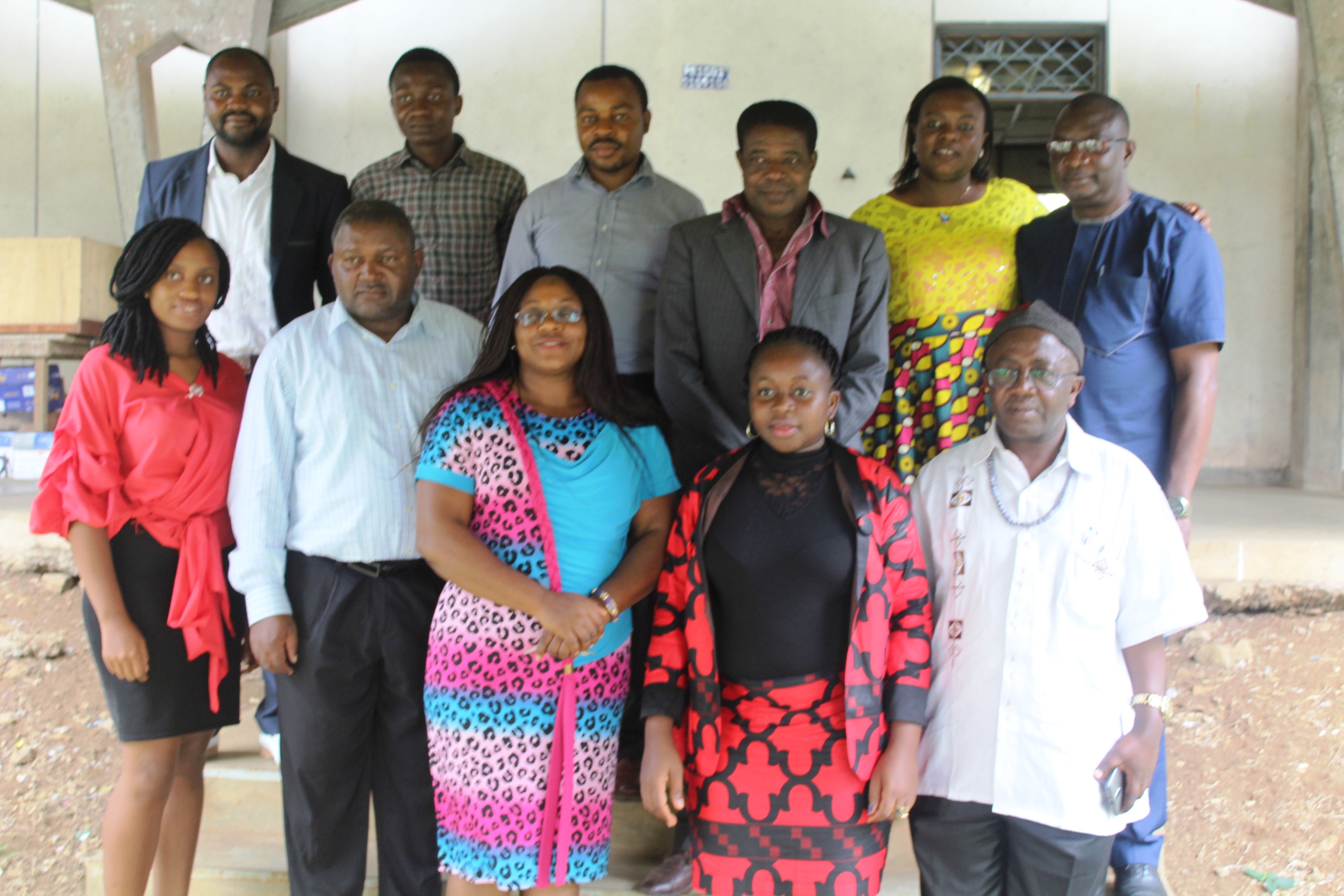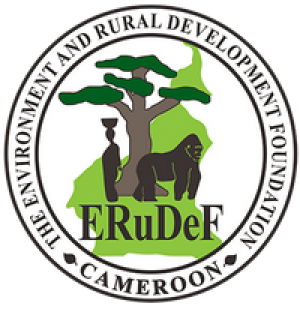 The Cameroon Mountain University Network (CaMUN) has identified research thematic areas within the Mount Bamboutos Initiative (MBI). The research areas were identified, August 2018, during CaMUN’s maiden meeting in the University of Buea, which brought together researchers from the University of Bamenda, Institute of Research and Agricultural Development, University of Dschang, ERuDeF Institute of Biodiversity and Non-Profit Studies and University of Buea.
The Cameroon Mountain University Network (CaMUN) has identified research thematic areas within the Mount Bamboutos Initiative (MBI). The research areas were identified, August 2018, during CaMUN’s maiden meeting in the University of Buea, which brought together researchers from the University of Bamenda, Institute of Research and Agricultural Development, University of Dschang, ERuDeF Institute of Biodiversity and Non-Profit Studies and University of Buea.
The research areas identified span across thematic areas like livelihood development, biodiversity restoration, forest landscape restoration, governance Sustainable Finance Development, Ecosystem Services, Geospatial technology and remote sensing and others.
In the Livelihoods Development Programme, socio-economic factors, sustainable agriculture, soil and Water issues, agrochemical issues and value chain development were identified Status, distribution and ecology of biodiversity species and key biodiversity habitats were identified as research areas within the biodiversity restoration programme.
As far as forest landscape restoration, is concerned, the senior researchers agreed to carry out studies on status, distribution and ecology of plant diversity species, forest regeneration water catchment protection and best places and priority areas for restoration. Meanwhile, land use planning, land tenure systems and legislation, stakeholder analysis and conflicts resolution issues were to be studied in the area of governance.
Another key area for research identified. Key issues to be studied in this area included the development of a community trust foundation and conservation trust fund, payment for Environmental Services, REDD+ Development and Green Climate Fund. It was equally agreed by these senior researchers that the hydrology and valuation of ecosystem services be studied.
Local knowledge systems and practice including the perceptions of mountain environment and climate, and local land use practices were also going to be examined within Mount Bamboutos. Meanwhile, geospatial technology and remote sensing, communication, climate change were equally identified as areas of research to be considered within the Mount Bamboutos landscape.
Within the frame work of the Mount Bamboutos Initiative, MBI’s Budget Officer, Vivian Tenjem, disclosed that International Tree Foundation and the Environment and Rural Development Foundation have secured funds for some for the research areas and activities identified. These included Conduct baseline surveys on agriculture, Agroforestry practices, food nutrition, Conduct a participatory baseline surveys on household income, livelihoods and employment
She also presented “identification of best places and priority areas for restoration intervention through the restoration opportunity methodology (ROAM), conducting baseline surveys on tree biodiversity and eco system services” as research activities funded from the Mount Bamboutos Initiative. Other funded activities included identification of different land use systems, for restoration Preparation, publication and local sharing of a case study on agro forestry, yields, food security and nutrition, preparation, publication and local shearing of a case study on income from NTFPs and Fruits yields, food security and nutrition.
The CaMUN Coordinator, Professor Yenshu, thanked ERuDeF and ITF for securing funds to support the research work of the Network. He underscored the need for Network members to embark on aggressive fundraising for unfunded research areas identified on the Mountain. Meanwhile researchers from Network member institutions were implored to identify their area of expertise and develop research protocol for funded research activities within MBI.
The Director of MBI, Louis Nkembi, implored CaMUN to be speedy so funded research activities within MBI can be realised within the next two months. He pledged his support and availability to work with CaMUN to mobilise funds for other research areas identified within the Mount Bamboutos Landscape and other Cameroon Mountains.
Shancho Ndimuh
